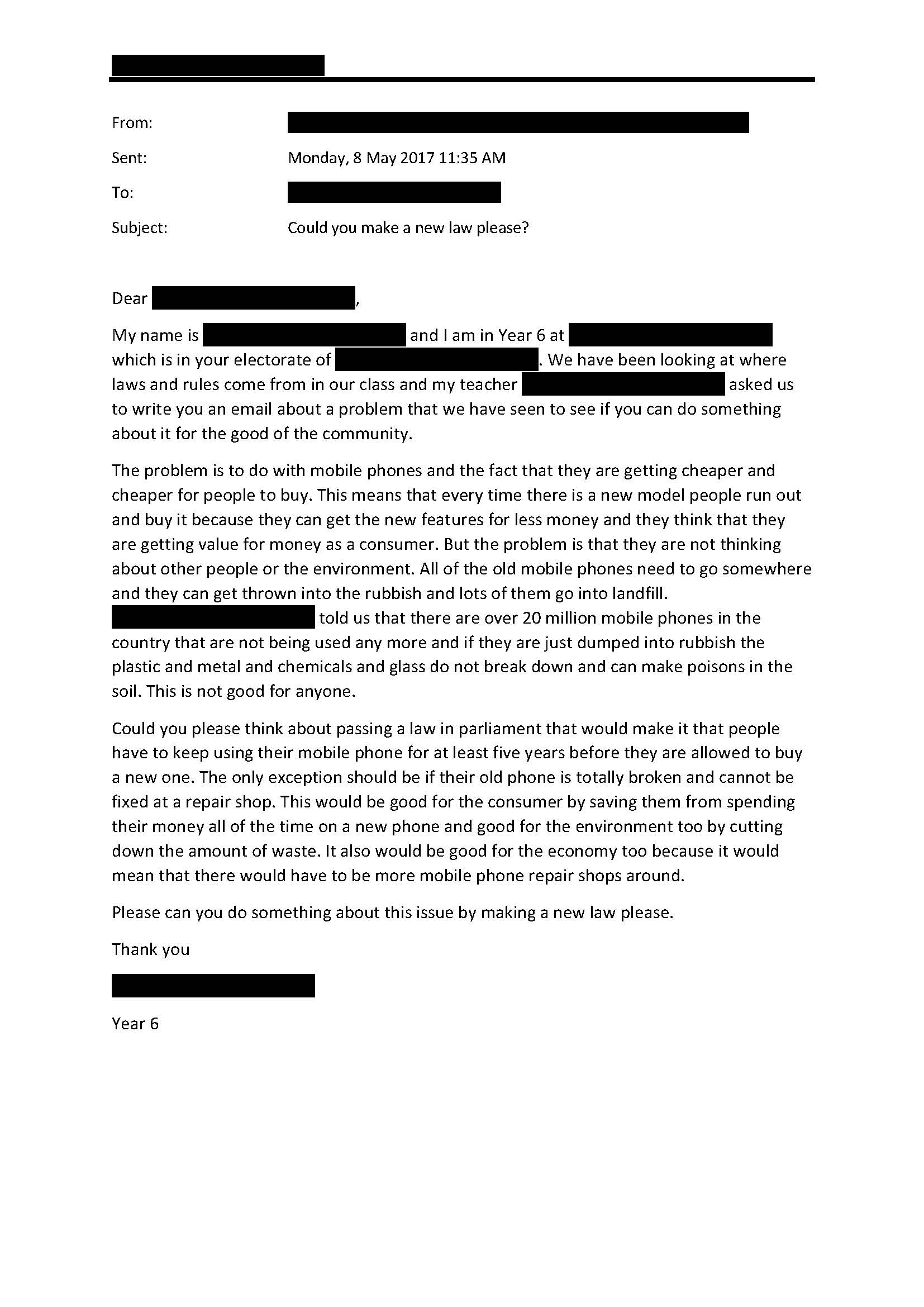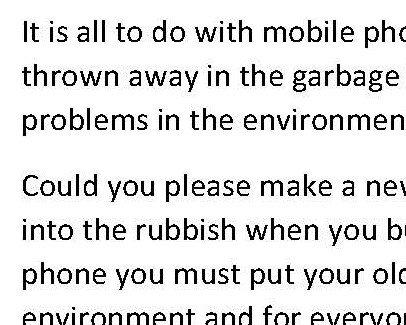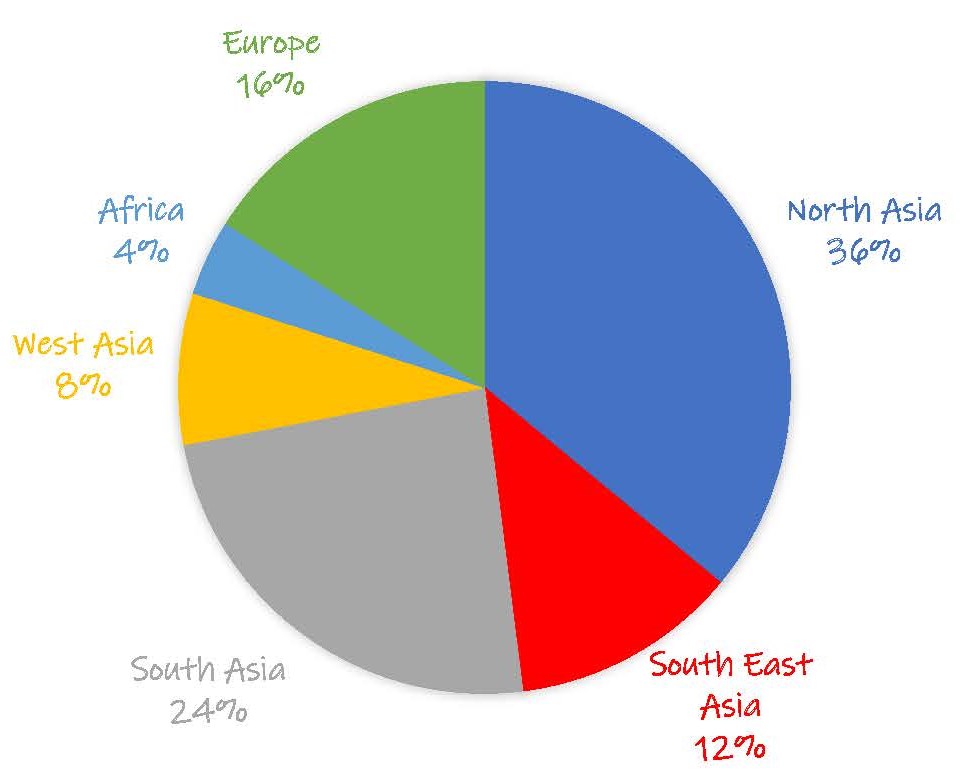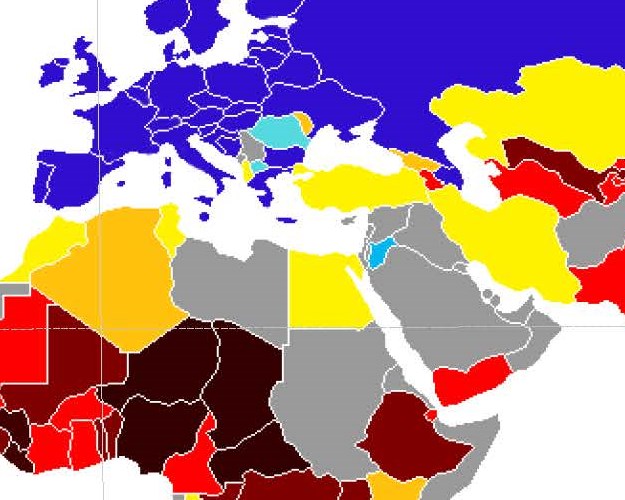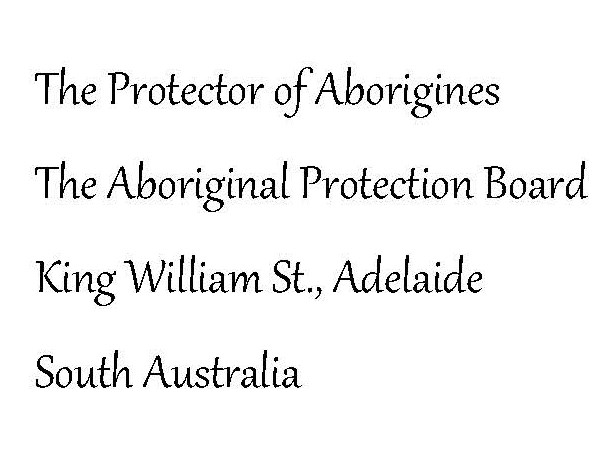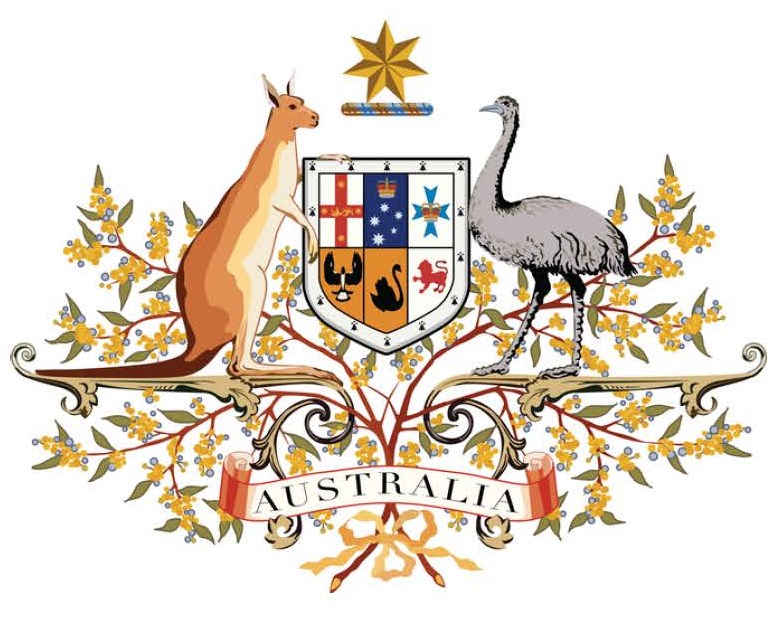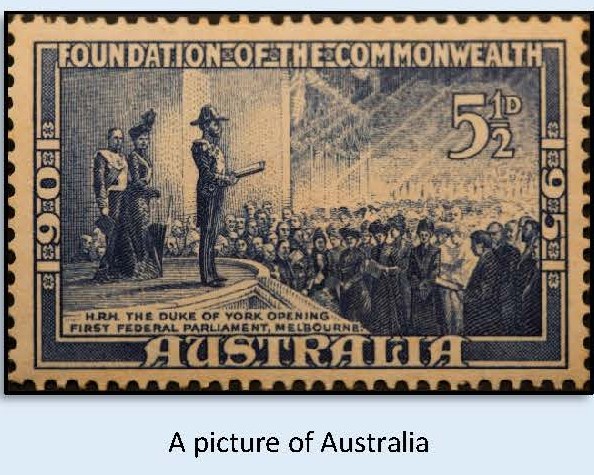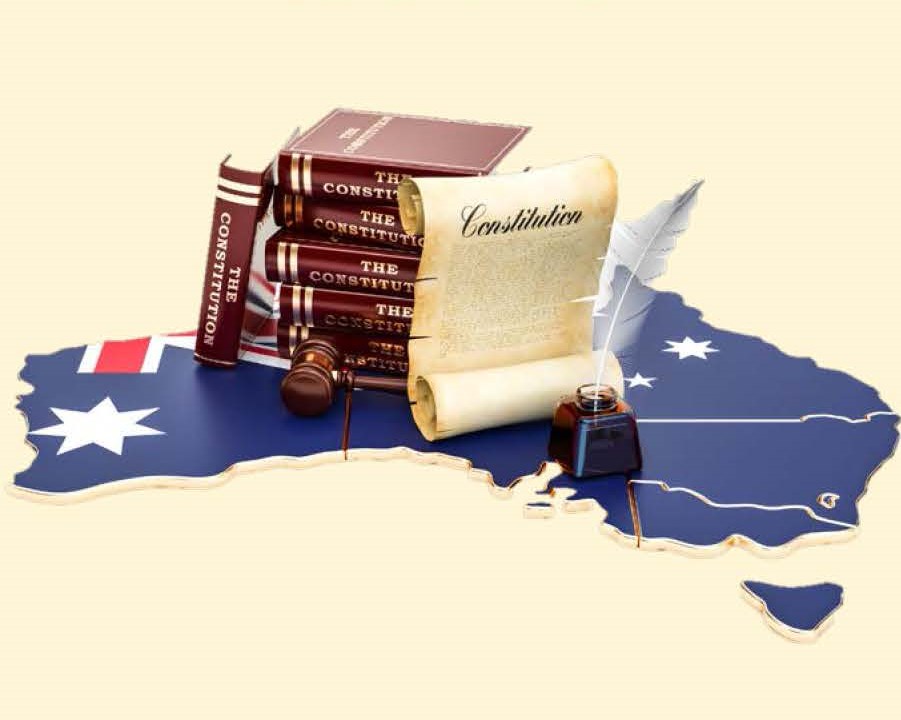Email to a member of parliament
Summary of task
Students explored levels of mobile phone use and ownership in Australia as part of a unit on resources, consumers and businesses. They then wrote an email that might be sent to their local federal member of parliament requesting new legislation in relation to mobile phones. Students were provided with scaffolds and guidance in the appropriate structures, language features and protocols associated with this type of email. They were also supported in drafting and editing their final texts. The task was completed in class over two 50-minute lessons.
Achievement standard
By the end of Year 6, students explain the role and importance of people, institutions, and processes to Australia’s democracy and legal system. They describe the rights and responsibilities of Australian citizens and the obligations they may have as global citizens.
Students develop appropriate questions to frame an investigation about the society in which they live. They locate, collect and organise useful information from a range of different sources to answer these questions. They examine sources to determine their origin and purpose and describe different perspectives. They evaluate information to draw conclusions. When planning for action, they identify different points of view and solutions to an issue. They reflect on their learning to identify the ways they can participate as citizens in the school or elsewhere. They present ideas, findings, viewpoints and conclusions in a range of communication forms that incorporate source materials and civics and citizenship terms and concepts.
By the end of Year 6, students recognise why choices about the allocation of resources involve trade-offs. They explain why it is important to be informed when making consumer and financial decisions. They identify the purpose of business and recognise the different ways that businesses choose to provide goods and services.
Students develop appropriate questions to frame an investigation about an economics or business issue, challenge or event. They locate and collect useful data and information from primary and secondary sources. They examine sources to determine their origin and purpose and evaluate evidence to draw conclusions. They interpret, organise and represent data in a range of formats using appropriate conventions. They generate alternative responses to an issue or challenge and identify the advantages and disadvantages of preferring one decision over others. They reflect on their learning to propose action in response to a challenge and identify the possible effects of their decision. They apply economics and business knowledge and skills to familiar problems. Students present ideas, findings, viewpoints and conclusions in a range of communication forms that incorporate source materials and economics and business terms.
